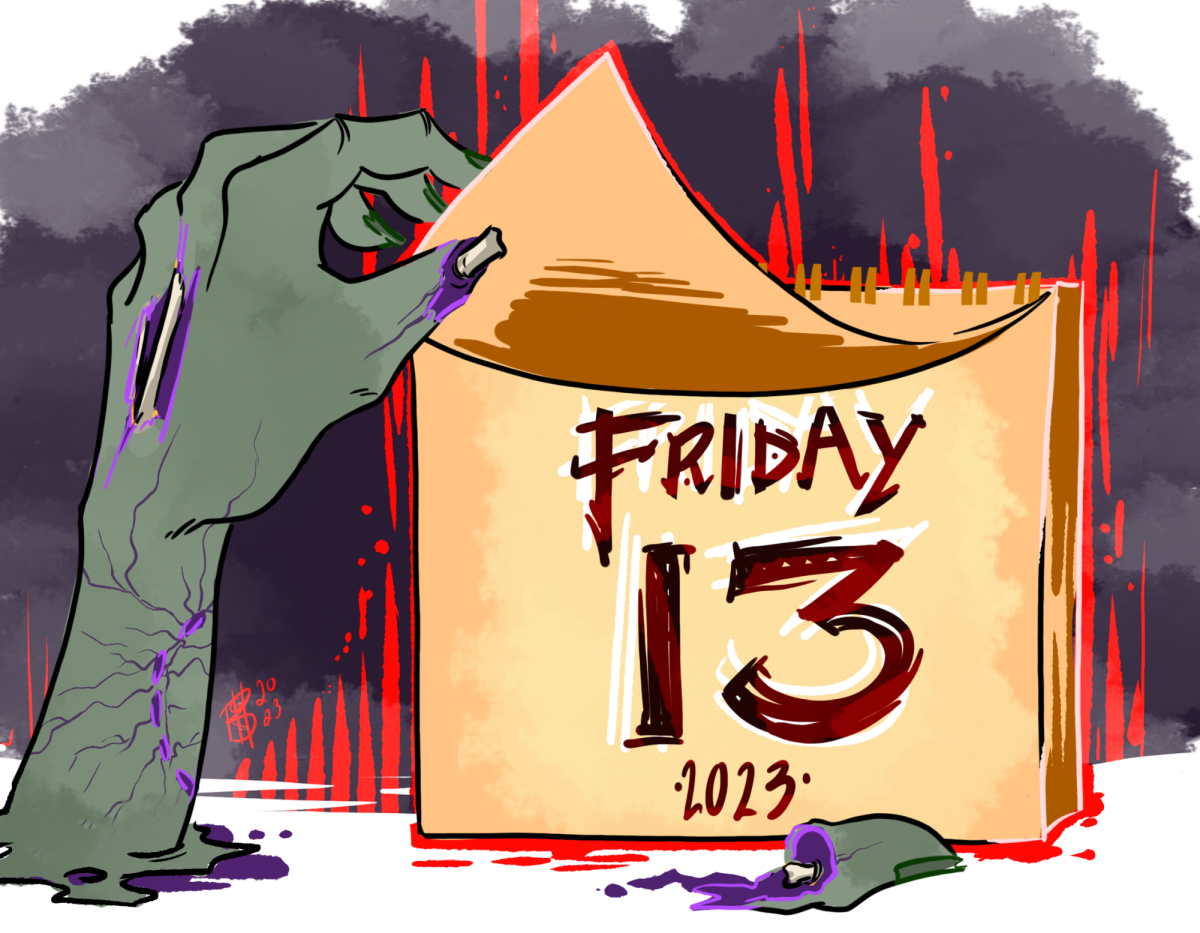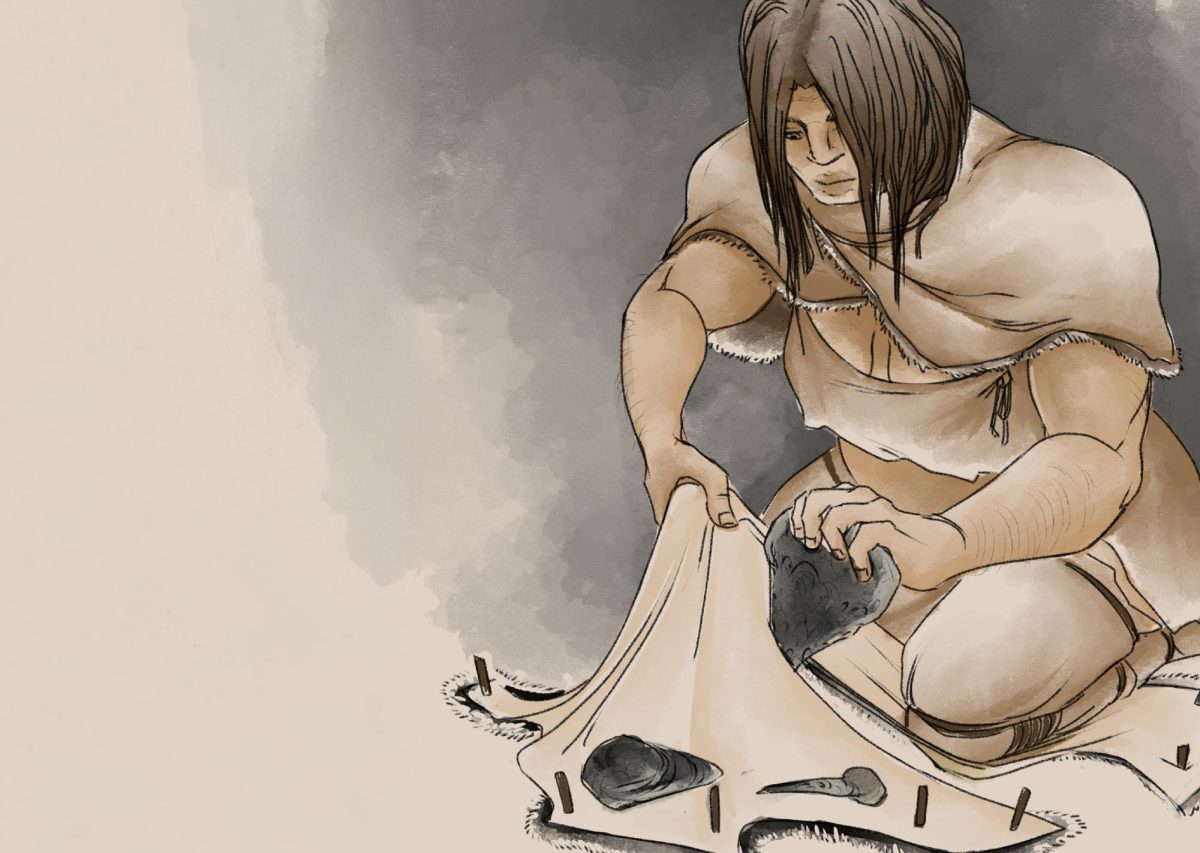Suddenly, as you’re basically skipping out of class at the thought of sleeping in tomorrow, no classes and perhaps going out with some friends this Friday night, you quickly realize it’s the 13th.
Friday the 13th.
In October.
Superstitions are already on the rise for the annual spooky season, but this year the day of “bad luck” falls within this month. This coincidence has only occurred three times since 2000, where the last Friday the 13th in October was in 2017. We won’t see another day like this Friday until 2028.
So where did the superstitions of Friday the 13th come from?
Throughout history, the number 13 has signified a deeper meaning. Many things we perceive as “complete”, involve the number 12. For example, we have 12 months in a year, 12 signs of the zodiac, 12 Greek gods of Olympus, 12 hours of day, 12 days of Christmas, etc.
The number 13 falls outside of the wholesome 12, deeming it as potentially “unlucky”.
This extra number has been told in tales as unwanted or uninvited.
In a Norse mythology tale, a 13th guest showed up to a dinner party of 12 gods. This 13th god, Loki, was a trickster and devised a plan to shoot one of the gods, who represented happiness. Similarly, in the Christian tale, the Last Supper consisted of 12 guests, although Jesus’ betrayer, Judas, was deemed the “unlucky” 13th guest.
In retrospect, Jesus was crucified the very next day — which was a Friday. Other Christian biblical stories have fallen on a Friday, which frequently brought more bad luck. For example, Eve tempted Adam with the forbidden fruit on a Friday, Abel was slain by his brother Cain on Friday the 13th, and the Great Flood allegedly began on Friday the 13th as well.
Although this superstition had been in play long ago, it was popularized in the 20th century. Media brought forward the discussion of the myth again, such as Thomas Lawson’s book, Friday, the Thirteenth and the “Friday the 13th” movie franchise.
If you believe in this superstition, you’re not alone. According to Changing America, a news publication, said one in five Americans believe this day brings bad luck. Airline ticket prices even tend to dip on Friday the 13th, due to Americans being too afraid to fly.
So perhaps you’ll follow suit this Friday, staying in and hiding from danger.
Those who decide to venture outside their safe homes; good luck.









